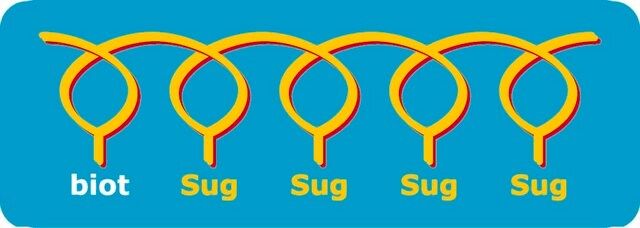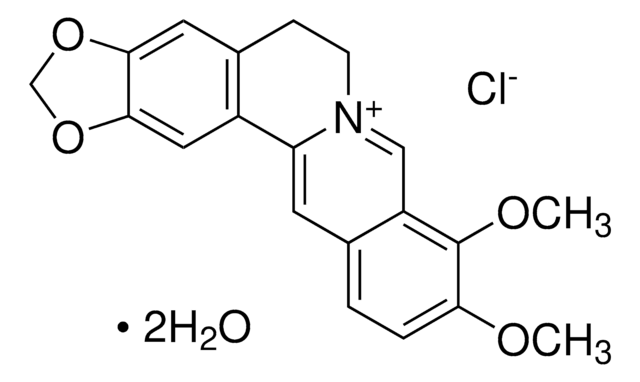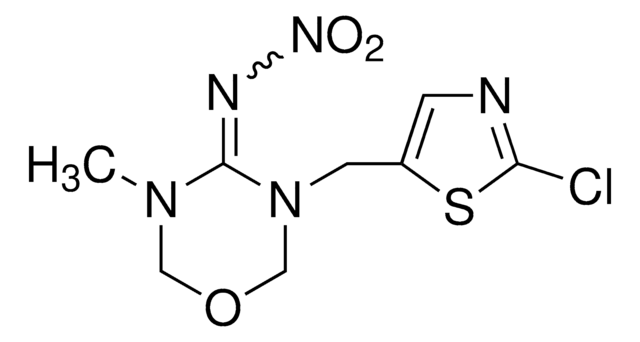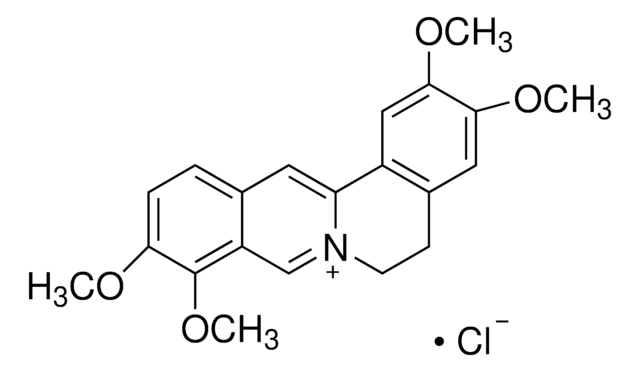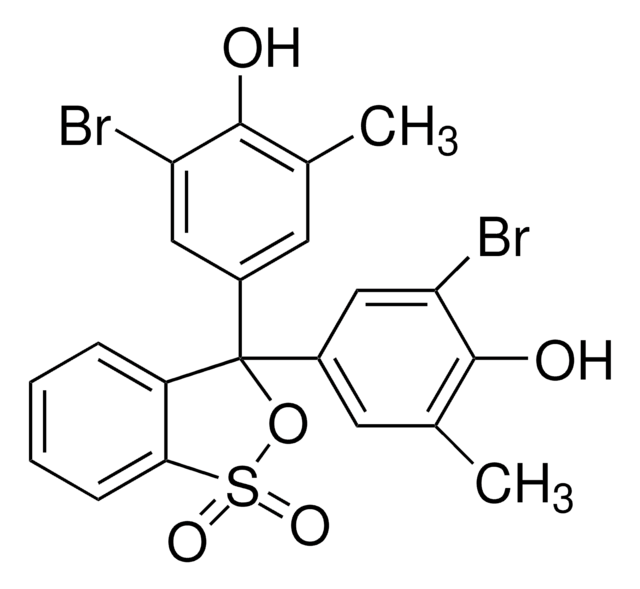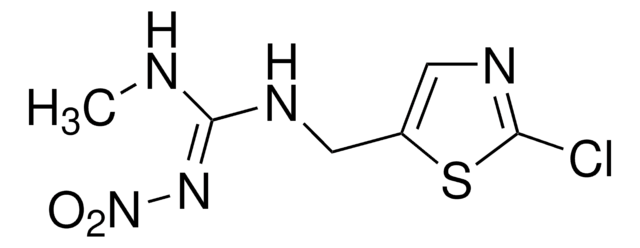About This Item
Polecane produkty
carrier
PAA carrier
Etykieta
FITC labeled
linia produktu
FP-Series
Próba
95% (H-NMR)
Formularz
lyophilized powder
masa cząsteczkowa
~20,000 Da
producent / nazwa handlowa
GlycoNZ
zakres etykietowania
1% Biotin per 20 mole % Poly[N-(2-hydroxyethyl)acrylamide-co-N-acrylamide]
Poly[N-(2-hydroxyethyl)acrylamide-co-N-acrylamide] ligand density
metody
flow cytometry: suitable
probe type
disaccharide
probe presentation
polymeric
temp. przechowywania
−20°C
Powiązane kategorie
Opis ogólny
These glycoconjugate probes are designed to reveal lectins, including selectins, directly on cell membranes, organelles, and in cytoplasm. The low fluorescein content ensures that probe solubility in water is not affected, but still allows reliable probe detection. The affinity of the probes is 102 to 105 times higher than that of corresponding free sugars.
PAA is poly[N-(2-hydroxyethyl)acrylamide], a flexible polymer chain which serves as an additional spacer. Used as a molecular weight carrier, PAA demonstrates an absence of non-specific interaction with cells, and is stable to chemical and proteolytic action.
Zastosowanie
Uwaga dotycząca przygotowania
Kod klasy składowania
13 - Non Combustible Solids
Klasa zagrożenia wodnego (WGK)
WGK 3
Temperatura zapłonu (°F)
Not applicable
Temperatura zapłonu (°C)
Not applicable
Wybierz jedną z najnowszych wersji:
Certyfikaty analizy (CoA)
It looks like we've run into a problem, but you can still download Certificates of Analysis from our Dokumenty section.
Proszę o kontakt, jeśli potrzebna jest pomoc Obsługa Klienta
Masz już ten produkt?
Dokumenty związane z niedawno zakupionymi produktami zostały zamieszczone w Bibliotece dokumentów.
Nasz zespół naukowców ma doświadczenie we wszystkich obszarach badań, w tym w naukach przyrodniczych, materiałoznawstwie, syntezie chemicznej, chromatografii, analityce i wielu innych dziedzinach.
Skontaktuj się z zespołem ds. pomocy technicznej